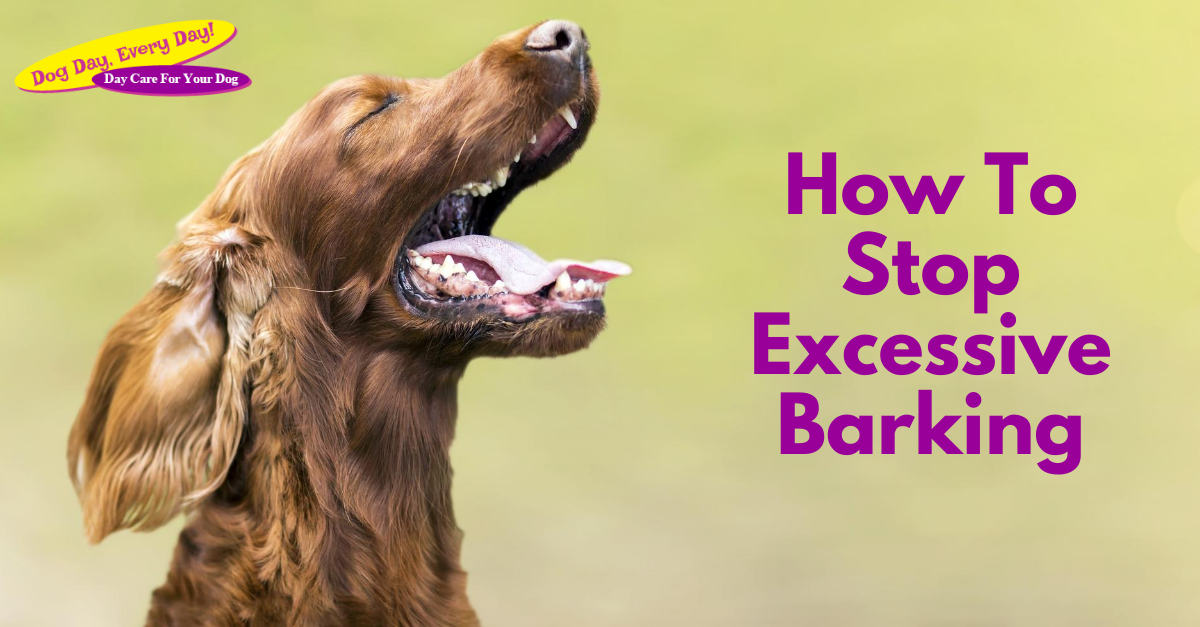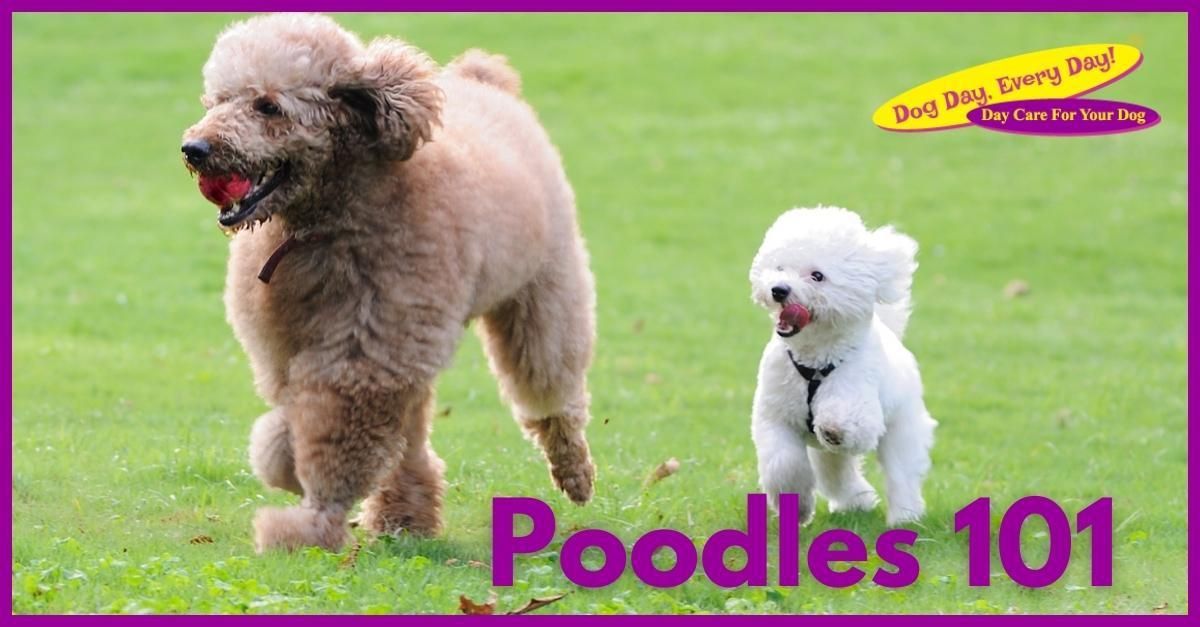How To Stop Excessive Barking

We love our dogs, and they love us. They snuggle with us, make us laugh and bark to alert us of potential danger. And while we appreciate the heads up a bark can bring, sometimes, much like children, we wish they would stop with all that noise and play the quiet game! Below are tips to help stop excessive barking, but first, we need to understand better why dogs bark.
Why Do Dogs Bark?
Barking is the go-to verbal communication for dogs. We should never expect our dogs to stop barking altogether, but some dogs bark more than others. Whether your pup rarely barks or barks up a storm, there is a reason for every bark.
Fear: When your dog is afraid, for himself or for your safety.
Attention-Seeking: When your dog needs your attention, whether to remind you to fill the food dish or if she wants a cuddle.
Greeting: When he wants to say hello to you, a fellow dog friend or neighbor.
Territorial: When someone or another animal invades her territory, whether it’s her home, her yard or even her pet parent’s attention. This is one of the most common causes of excessive barking.
Boredom: Dogs are pack animals and when left alone, bark to let others know they are unhappy or even sad.
Separation Anxiety: Dogs with separation anxiety often bark excessively when left alone. For some dogs, this can happen when they’re alone anywhere from 10 minutes to a few hours.
Compulsive Barking: Some dogs bark just to hear the sound of their own voices or to fill the silence.
Medical Needs: Some dogs bark when they’re in pain, especially older dogs. If your dog starts barking excessively for seemingly no reason, it’s a good idea to bring them in for a checkup with the vet to rule out the possibility of a medical issue.
How To Curb Excessive Barking
Teaching your dog to bark less will take time, work and consistency. With proper techniques and time, you can train your dogs to bark less.
Step 1: Remain calm. If your dog hears you shouting or there is commotion, your dog will respond to that energy by barking more.
Step 2: Develop a training word. Determine one word you don’t use all the time in everyday speech as your command to use when your dog barks excessively. Whether it’s “Quiet” or “Calm” or any other one word of your choice, calmly but firmly repeat this word until your dog stops barking. When first using this command, it’s best to make eye contact.
Step 3: Praise early, praise often. When your dog is not barking, even for a few seconds, shower him with praise and pet him in his favorite spot, such as behind the ear. If she starts barking again, stop all praise immediately and use your training word again. If your dog is motivated by treats, give her a small one when she’s completely calm as you give her more praise.
If your dog is barking from boredom, loneliness or separation anxiety, another way to solve the problem is by bringing them to us at Dog Day, Every Day! Our team of loving doggie daycare teachers can help make sure your dog is properly stimulated while you’re at work or busy running errands. Whether you need us full time or part time, we’ll be sure to love your dog almost as much as you do, and your dog will have a great time playing with the pack. Call us at 513-860-3647 to learn more about our services! For more pet care tips and our latest updates, check us out on Facebook , Twitter or Pinterest !

The post How To Stop Excessive Barking appeared first on Dog Day, Every Day!.






